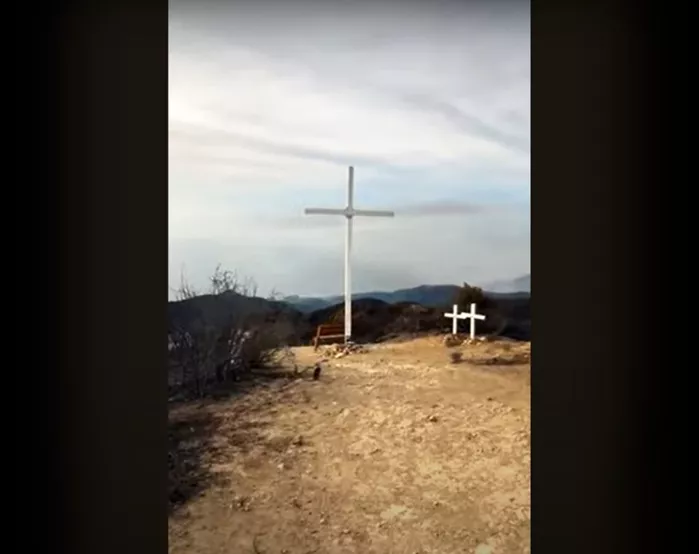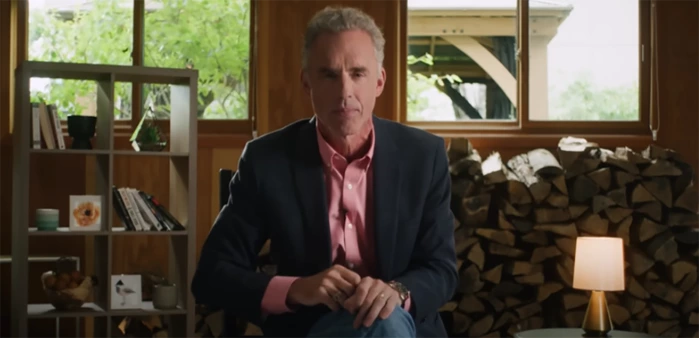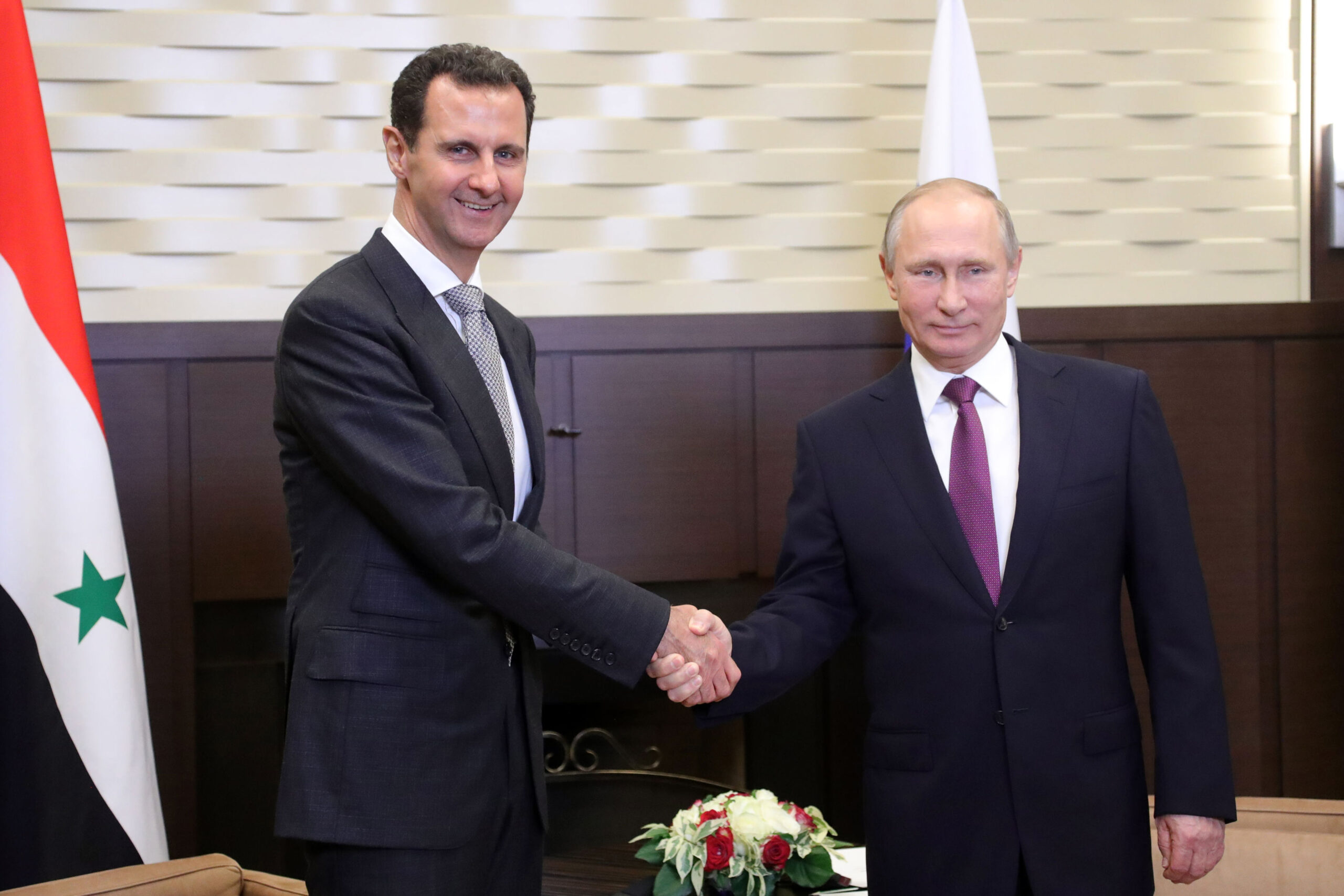In a dramatic turn of events, the long-reigning Assad regime in Syria has collapsed, sending shockwaves throughout the Middle East. Streets in Syria erupted with joy as citizens celebrated the dramatic fall of President Bashar al-Assad, marking the end of over five decades of oppressive rule by the Assad family. This monumental shift follows a brutal civil war that has ravaged the country since 2011.
As jubilant crowds took to the streets, U.S. President Joe Biden reflected on the regime’s legacy of violence and repression, stating, “This regime brutalized and tortured and killed literally hundreds of thousands of innocent Syrians.” The fall came after a swift offensive by various rebel factions, who managed to capture Damascus in just two weeks. A key player in this uprising is Hayat Tahrir al-Sham (HTS), a group previously linked to Al Qaeda that now finds itself steering the future of Syria.
Now a displaced leader, Bashar al-Assad has sought refuge in Moscow, joined by his family, while the echoes of rebellion radiate across the region. Hadi al-Bahra from the Syrian Opposition Coalition remarked that the revolution was fueled by a desire to reclaim fundamental human rights and freedoms. The landscape of power is shifting, but the legacy of violence looms large, as remnants of the past regime’s brutal tactics remain etched in the minds of the populace.
While some rebel factions, including HTS, have expressed intentions to protect all religious and ethnic minorities in Syria, skepticism abounds. Biden underscored the necessity of vigilance, stating, “They’re saying the right things now. But as they take on greater responsibility, we will assess not just their words but their actions.” The diverse coalition of rebels presents a double-edged sword, with some factions having their own histories of violence and abuses.
Beyond Syrian borders, the geopolitical implications of this regime change are profound. Russia, a historical ally of Assad, has taken a backseat recently, as its focus pivots to the ongoing conflict in Ukraine. Consequently, Iran and Hezbollah were notably absent from the battlefield in this latest confrontation. Veteran military leaders like General Frank McKenzie expressed concerns that the instability could create a vacuum for terrorist groups, including a potential resurgence of the Islamic State.
The Israeli government has been keeping a close watch, with Prime Minister Benjamin Netanyahu voicing hopes for improved relations with the new powers emerging within Syria. He emphasized a commitment to peace, appealing to all Syrians, including Druze, Kurds, Christians, and Muslims, who desire harmony. Yet, as the IDF swiftly took control of the Golan Heights buffer zone, apprehensions linger regarding potential fallout from the power dynamic shift.
Netanyahu assured that Israel would take all necessary precautions to safeguard its borders against hostile forces. The rise of mostly Sunni factions is perceived positively by Israel, potentially curtailing Iran’s ability to dominate the Syrian corridor used for weapon transfers to Hezbollah in Lebanon. General McKenzie highlighted the strategic importance of Syria for Iran, indicating that their access to supply routes remains a crucial concern for regional security.
In addition to the shifting alliances, the current geopolitical environment raises alarms about a nuclear-armed Iran seeking to regain its standing after a series of international setbacks. Meanwhile, about 900 U.S. troops remain stationed in Syria, primarily combating the remnants of ISIS, ensuring that terrorist elements do not exploit the chaos. President Biden acknowledged the potential dangers, stating, “We’re clear-eyed about the fact that ISIS will try to take advantage of any vacuum.”
Although throughout this upheaval Syrian Christians have not faced immediate threats from the new governance, caution persists. Nadine Maenza of the International Religious Freedom Secretariat voiced hope that the rights of all minorities are respected, insisting, “We also want them to be treated as equal citizens and be able to stay in Syria and have a safe future there.”







Leave a Reply